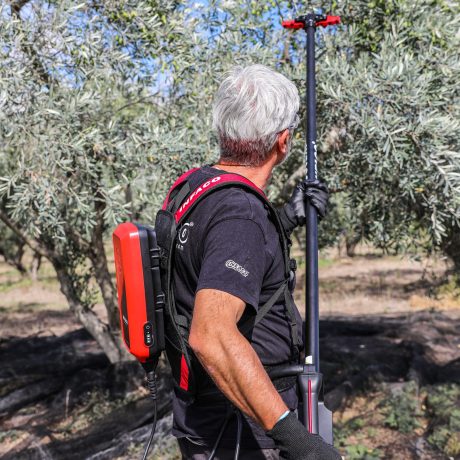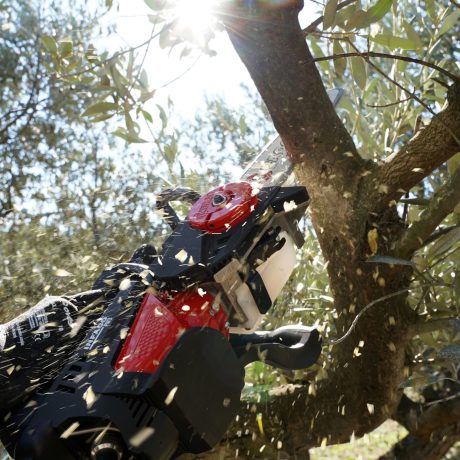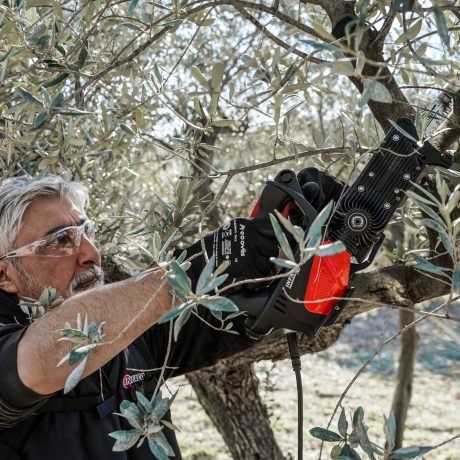

Olive trees particularly need sun and water to produce fruit. This is why they are found mainly in Mediterranean countries. The trees are grouped together in olive groves and cultivated by olive growers. To maintain them, they need to be properly pruned to stimulate their growth and fruit production. Other stages in the cultivation process, such as fertilisation and irrigation, are essential for obtaining quality olives.
Historically, olive trees have been grown extensively in Mediterranean countries: Spain, Greece, Italy, Turkey, Morocco and the south of France! But other regions of the world, where the climate is favourable to olive growing, are also represented in olive cultivation: the Middle East, North Africa, certain areas of America (Arizona, California, Argentina, Chile) and Australia.

Before talking about the differences between black and green olives, it's important to remember that... they're both the fruit of the olive tree! A single olive tree produces both green and black olives. Green olives are harvested from September to October, when they are not fully ripe. This is why they are harder and more bitter. In November, the black olives are harvested. These have reached full ripeness and are therefore sweeter.
Green and black olives are used to make olive oil. The benefits of this oil are numerous. It contains specific fatty acids that help to reduce the risk of cardiovascular disease. It is also rich in antioxidants and can prevent certain chronic and neurodegenerative diseases.
All these benefits are attributed toextra virgin olive oil, i.e. oil extracted from the first cold pressing of the fruit, to preserve the aforementioned benefits.

Did you say pruning? That's where INFACO comes in! The F3020 professional electric pruning shears are suitable for pruning olive trees. Directly in the hand, or mounted on a pole, the tool adapts to its environment and to the pruner.
But INFACO's olive cultivation range is even more comprehensive:
To purchase an F3020, an olive shaker or the PW3 range, contact your usual distributor.